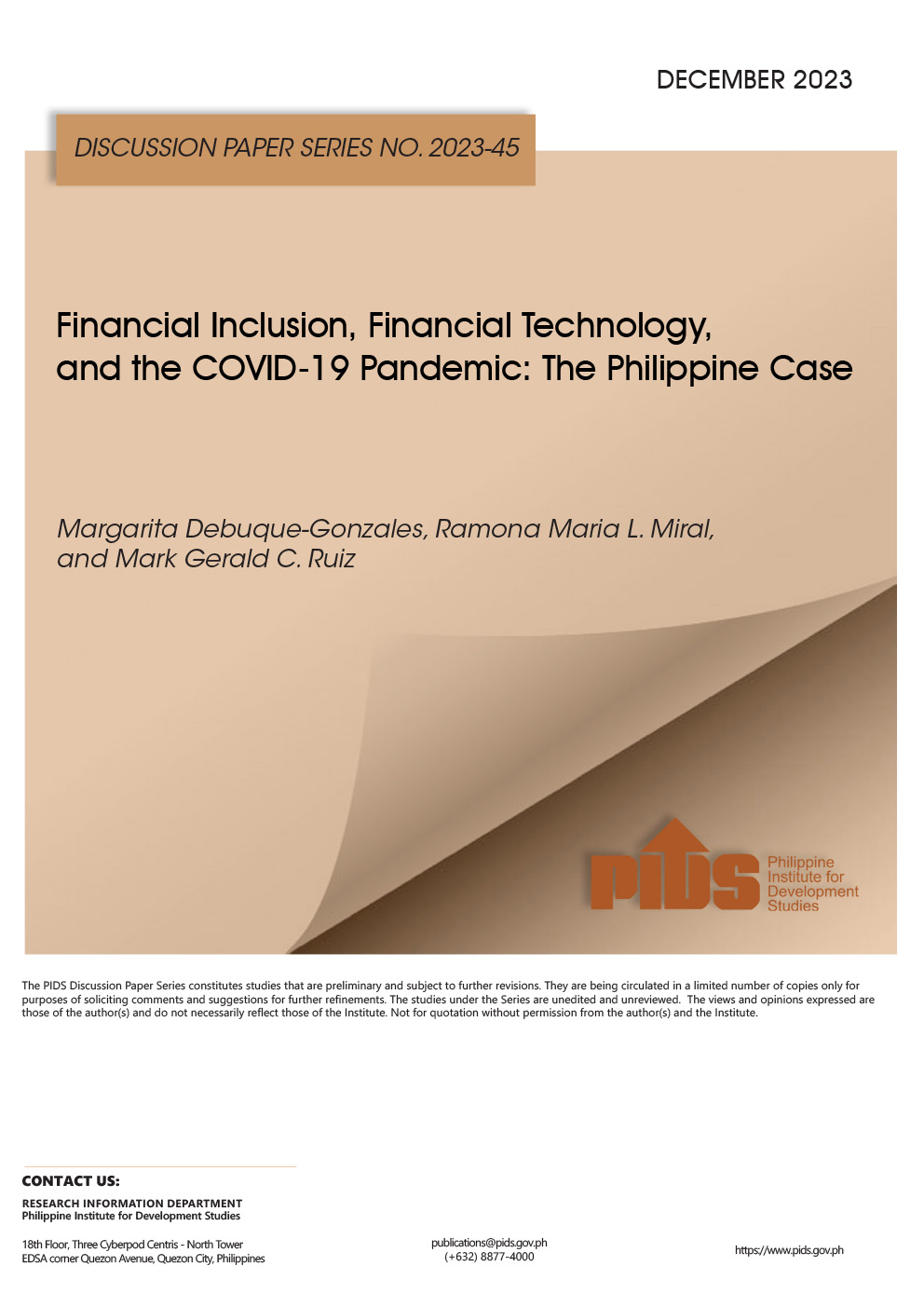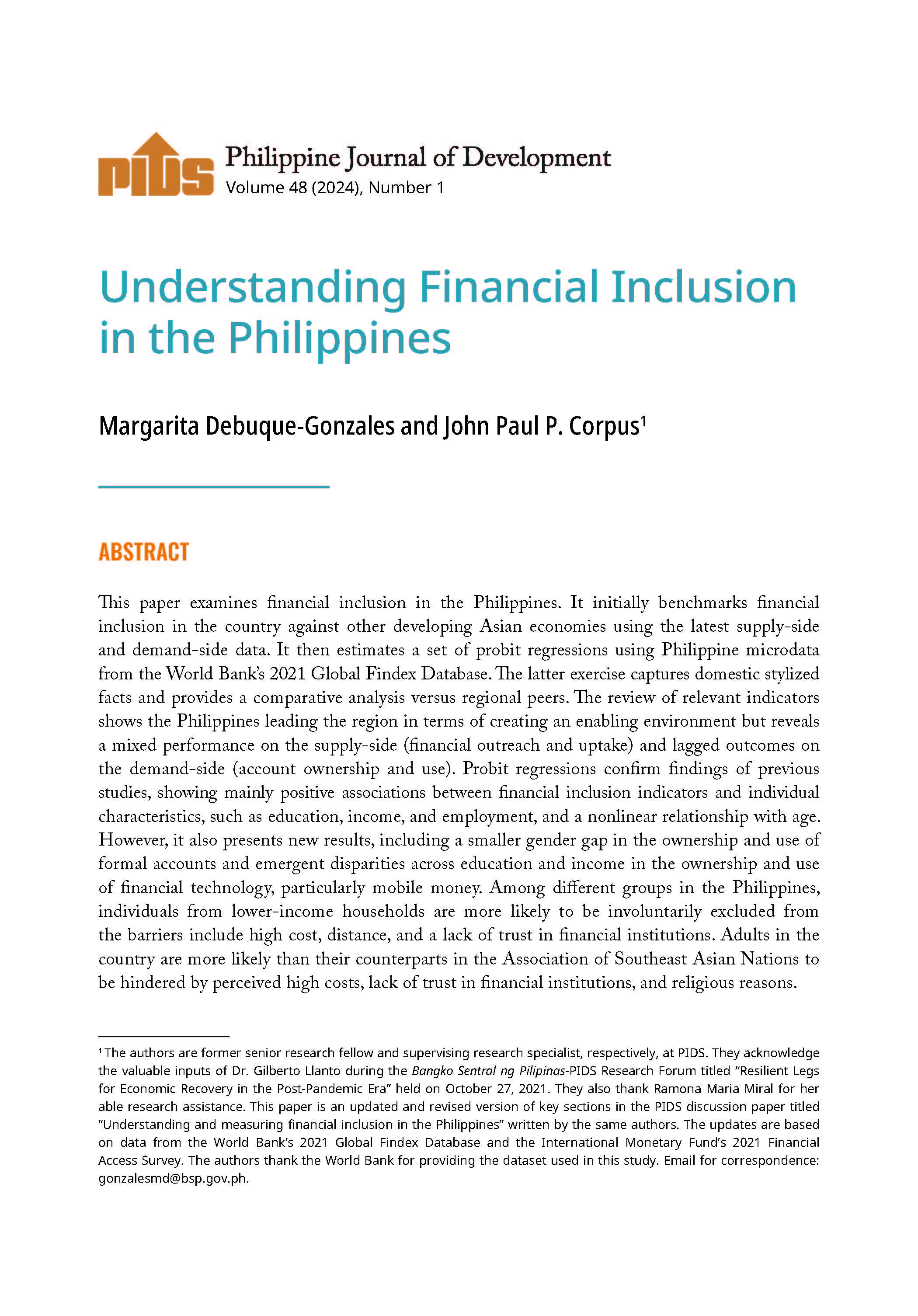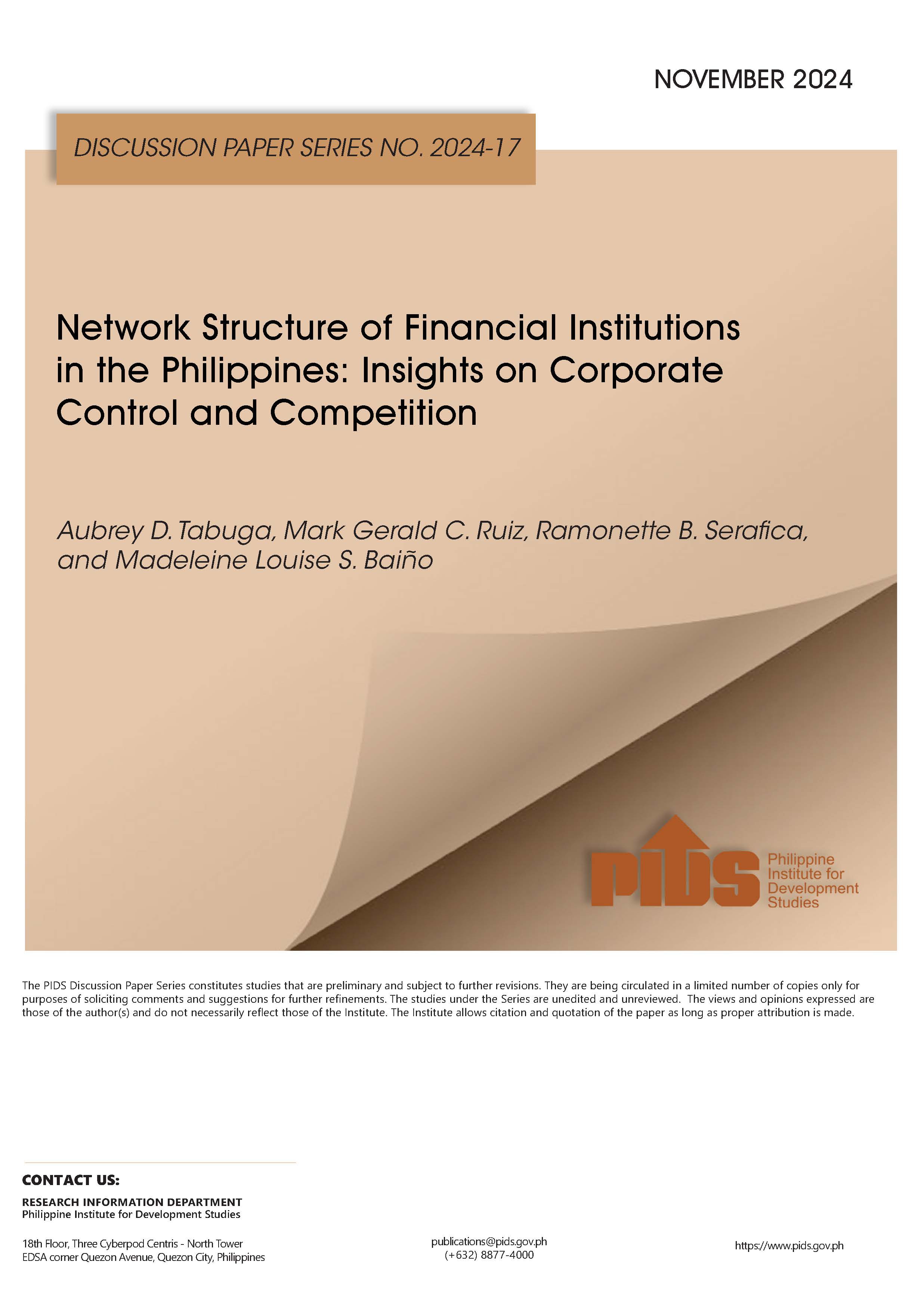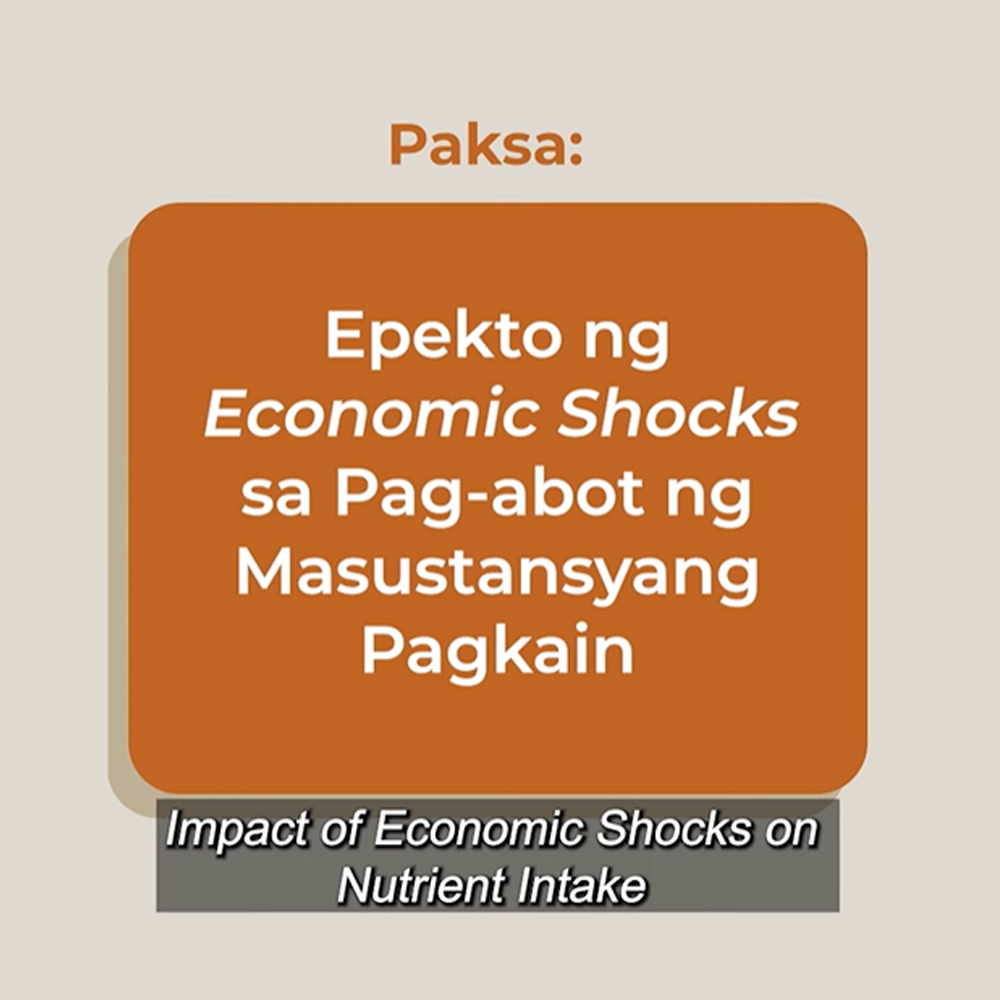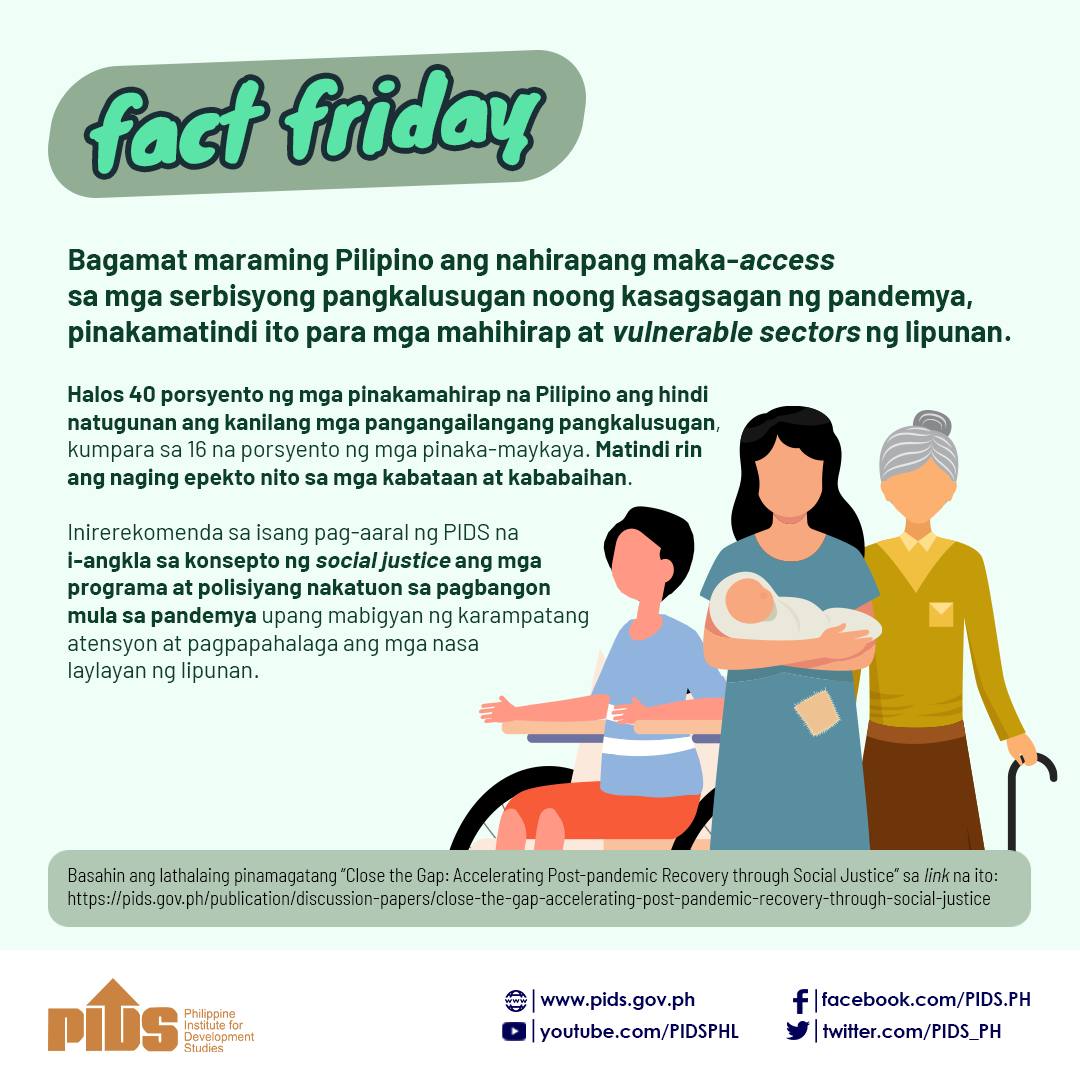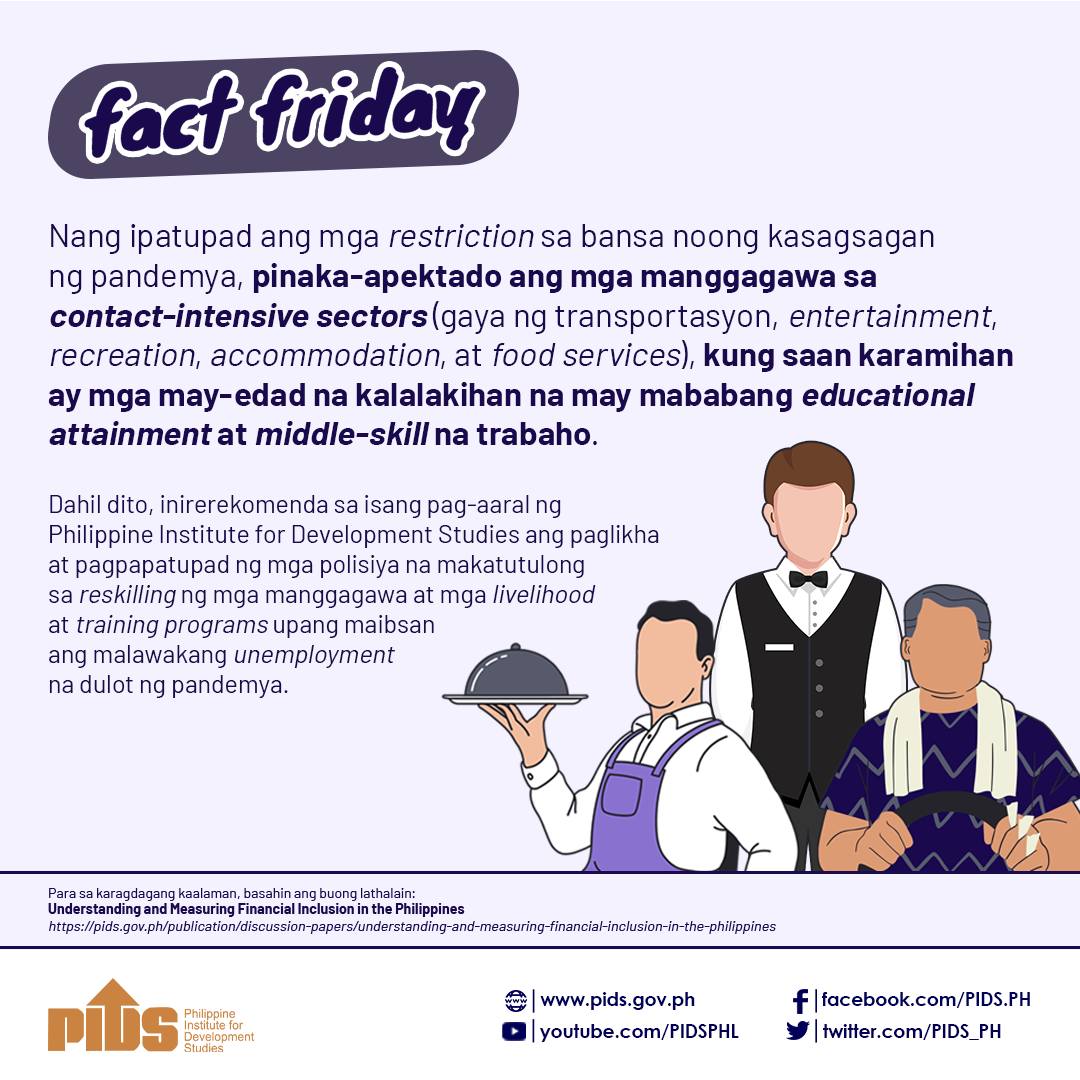QUEZON CITY, Sept. 20 -- With the community quarantine still in effect in the country since March due to the COVID-19 pandemic, digital services and platforms became the primary means of transaction among Filipinos. Digital payments, for one, have become a necessity.
In her presentation during the 18th Development Policy Research Month (DPRM) virtual kickoff forum held recently, Bangko Sentral ng Pilipinas (BSP) Assistant Governor Iluminada Sicat said that the BSP noted a marked increase in electronic fund transfers vis-à-vis automated teller machine (ATM) withdrawals and check transactions during the community quarantine from March to May. Without a vaccine for COVID-19, she added that this increasing trend in digital transactions is expected to continue “even as lockdown measures are eased”.
Sicat also mentioned that the government’s initiatives to digitize payments for social benefits, wages, and transportation would further boost digital payment platforms. Further, she said the creation of a national ID system in the country is being pushed to establish a verifiable digital identity for Filipinos, “which will enable them to open bank accounts… and gainfully participate in an increasingly digital economy”.
Local governments have also adopted various technologies to help their constituents. For example, in Makati City, Makati Mayor Abigail Binay implemented some innovations to make financial services more accessible and convenient. For instance, a contactless financial aid distribution, through the Makatizen card and application, was developed.
“I believe that leaders and citizens should embrace new technologies even at the time [when] there was [no] pandemic yet because it provides convenience. It also promotes public health by avoiding physical contact,” Binay said, one of the panelists in the DPRM virtual kickoff forum.
Citing the 2019 Financial Inclusion Survey, Sicat said there are opportunities in the country that should be explored in promoting the use of digital payments in the Philippines.
In terms of mobile phone owners, only 12 percent out of the 69 percent of adults who own a mobile phone use them for financial transactions. Meanwhile, only 9 percent of the 53 percent of adults with internet connection use it for financial transactions. Moreover, 7 out of 10 unbanked adults have a mobile phone, “which represents an untapped opportunity for digital finance”.
While there have been developments and various initiatives from the government and other key sectors in the utilization of e-finance, Sicat noted that “lack of awareness and trust remains to be the main barriers in [the] usage of mobile phone and internet for financial transactions”.
“The BSP believes that promoting digital literacy plays a crucial role in deepening the public’s trust in digital financial services,” Sicat said. She also emphasized that widely shared access to affordable and fast internet connection and the universal access to the national ID system “will facilitate the scale and reach of digital financial services”.
The DPRM, led by the Philippine Institute for Development Studies, is celebrated every September to promote nationwide awareness of the importance of policy research in crafting evidence-based policies, plans, and programs, pursuant to Malacañang Proclamation No. 247 signed in 2002. This year’s theme is “Bouncing Back Together: Innovating Governance for the New Normal”. (PIDS)
E-finance key to helping Filipinos cope with COVID-19 pandemic

